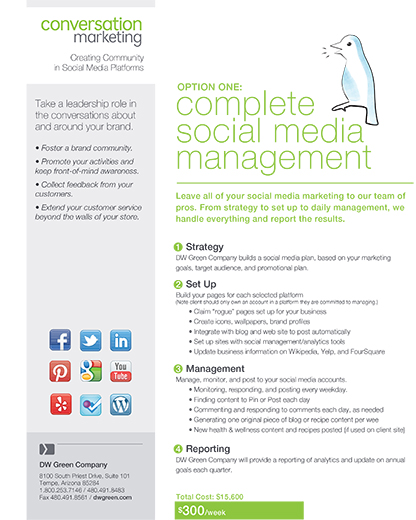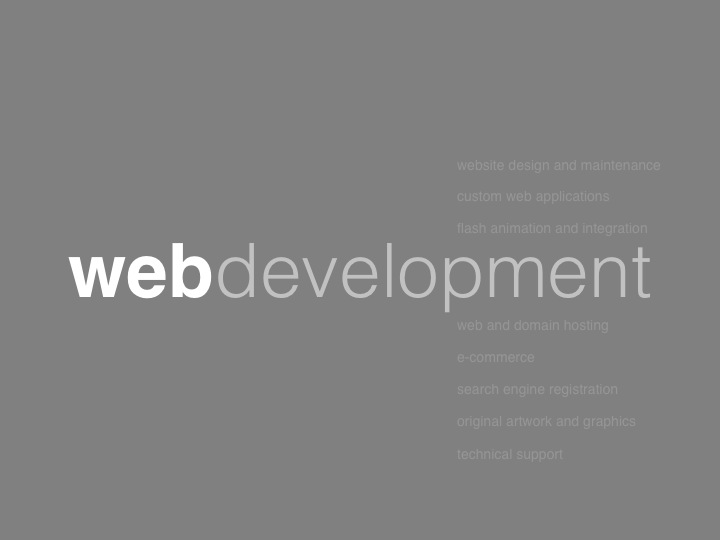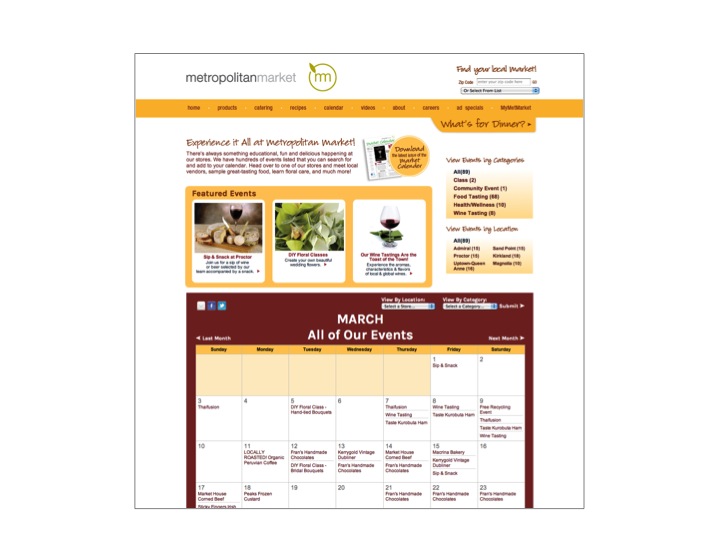DW's Blog
Integrity
by DW Green — September 3, 2015
“To thine own self be true” writes William Shakespeare in Hamlet. “Let your conscious be your guide” the Blue Fairy tells Pinocchio and then asks Jiminy Cricket to serve as Pinocchio’s conscious.
Integrity is an important and powerful quality. To be referred to as a person of integrity is the ultimate compliment. I have come to realize that my life experience is about the journey toward wholeness, and to seek wholeness, is to live from a place of integrity. To me, conscious is the psychic energy of awareness. Conscious is the alarm that goes off when integrity is at risk, when wholeness is splintered.
“The meeting of our inner and outer lives is called integrity, and the health of our integrity often determines our inner strength and resilience in meeting the outer world. This is the purpose of integrity, to balance the outer forces of existence with the inner forces of spirit,” Mark Nepo, The Exquisite Risk. One of the most useful definitions of integrity comes from Rabbi Jonathan Omer-Man: Integrity is the ability to listen to a place inside oneself that doesn’t change, even though the life that carries it may change.
So living from integrity is when our actions, our outer life are in sync with our inner life; our heart, our soul, the essence of our being. Businesses too must live from integrity. When the actions of a business are incongruent with their beliefs and values and essence, crises will inevitably arise. The conscious of a company is the collective conscious of all who work for that company. The actions of all employees must be in sync with the inner beliefs and values of the company. When organizational integrity happens there is a wholeness and richness of connectedness between employees and customers alike. We will always have integrity issues but the more aware we are of our actions being in tune with our center, with the quintessence of our being, the more joyful and meaningful our life experience.
Simply stated, integrity is strong, “works”, and is constructive and successful, whereas its opposite fails. Integrity is therefore practical; it’s absence leads to weakness and collapse.
Filed Under: DW's Blog





















































